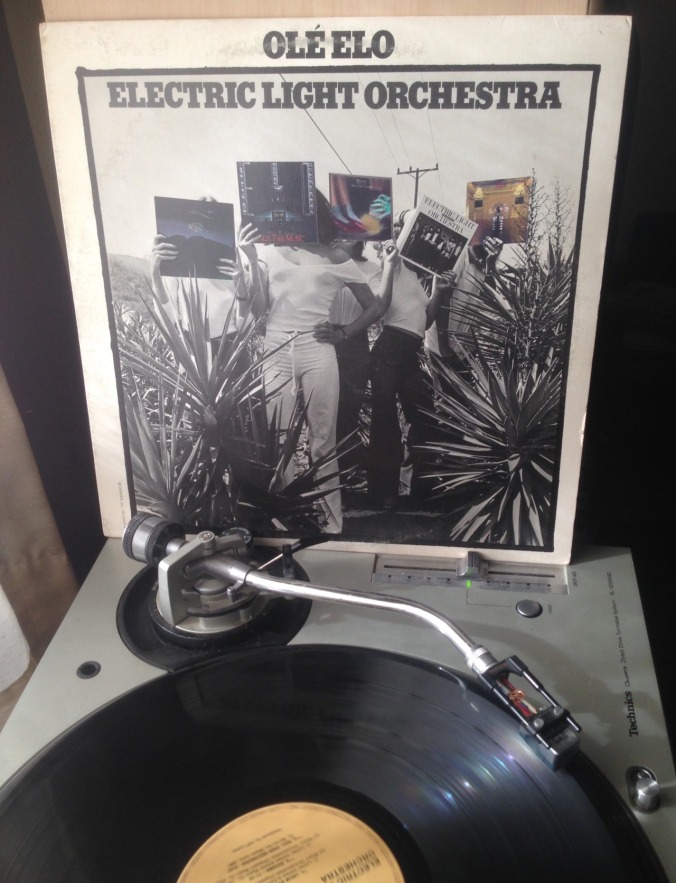Think back to the early 2000s.
9-11 is fresh in our minds, the Strokes, Hives, and White Stripes have harbinged the Rock Revival, nu-metal’s studded leather boot is still kicking down our doors. Radiohead has released two electronic albums in a row.
40-Year Old Virgin hadn’t been released yet, so we were all ignorant to the fact that a certain band would make us gay apparently.
Into this cynical, hardened society, Coldplay released their second full length, A Rush of Blood to the Head.
While Parachutes had made a bit of a mark thanks to a couple strong singles, Rush of Blood was ubiquitous (how many movies used “Clocks” in the trailer?), eagerly taking Radiohead’s place as U2’s heir apparent (the band photo on the inner sleeve even looks like it was taken from the Joshua Tree artwork).
Which was fine, because two things have always been true: 1.) Radiohead has always been too paranoid and suspicious of the ruling class to be the biggest band in the world, and 2.) Chris Martin “would give [his] left testicle to write an album as beautiful as OK Computer.” His words, not mine.
And A Rush of Blood to the Head is the closest Coldplay has ever gotten to that goal. That claim is going to piss off some people, most of whom haven’t listened to OK Computer recently enough to remember that its musical center is closer to “Let Down” than “Paranoid Android” (which actually sounds a little bit out of place). Rush of Blood, on the other hand, is a bit toothier than its reputation.
Wide-eyed in worldview and complacent in its composition though it may be, its not all “Scientist” and “Clocks” here. “Politik” is crunchy and wincing. Behind “Daylight’s” Arabic tinged strings is the most driving drum part Coldplay ever put to tape. “God Put a Smile on Your Face” throws its weight around by means of a ragged acoustic guitar.
“Green Eyes” and “Warning Sign,” with their perfect Mazzy Star vibes, would have been indelible 90s alternative hits had they been released eight years earlier. Whisper positively rips, remaining the loudest song the group has ever done. And “Clocks” and “Scientist”? They’re not bad tracks if you can isolate yourself from their overuse.
While Coldplay would go on to become parodies of themselves (I feel like I’ve said that before), here they are still making their mark on pop music, and who cares if that mark fits a bit snugly between a few other bands’ imprints? It’s a damn enjoyable record




